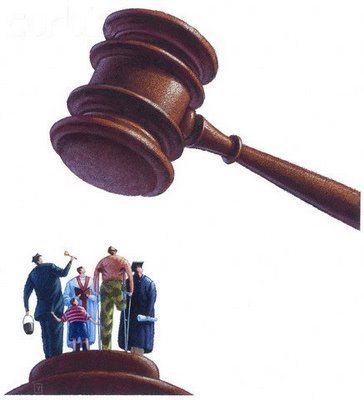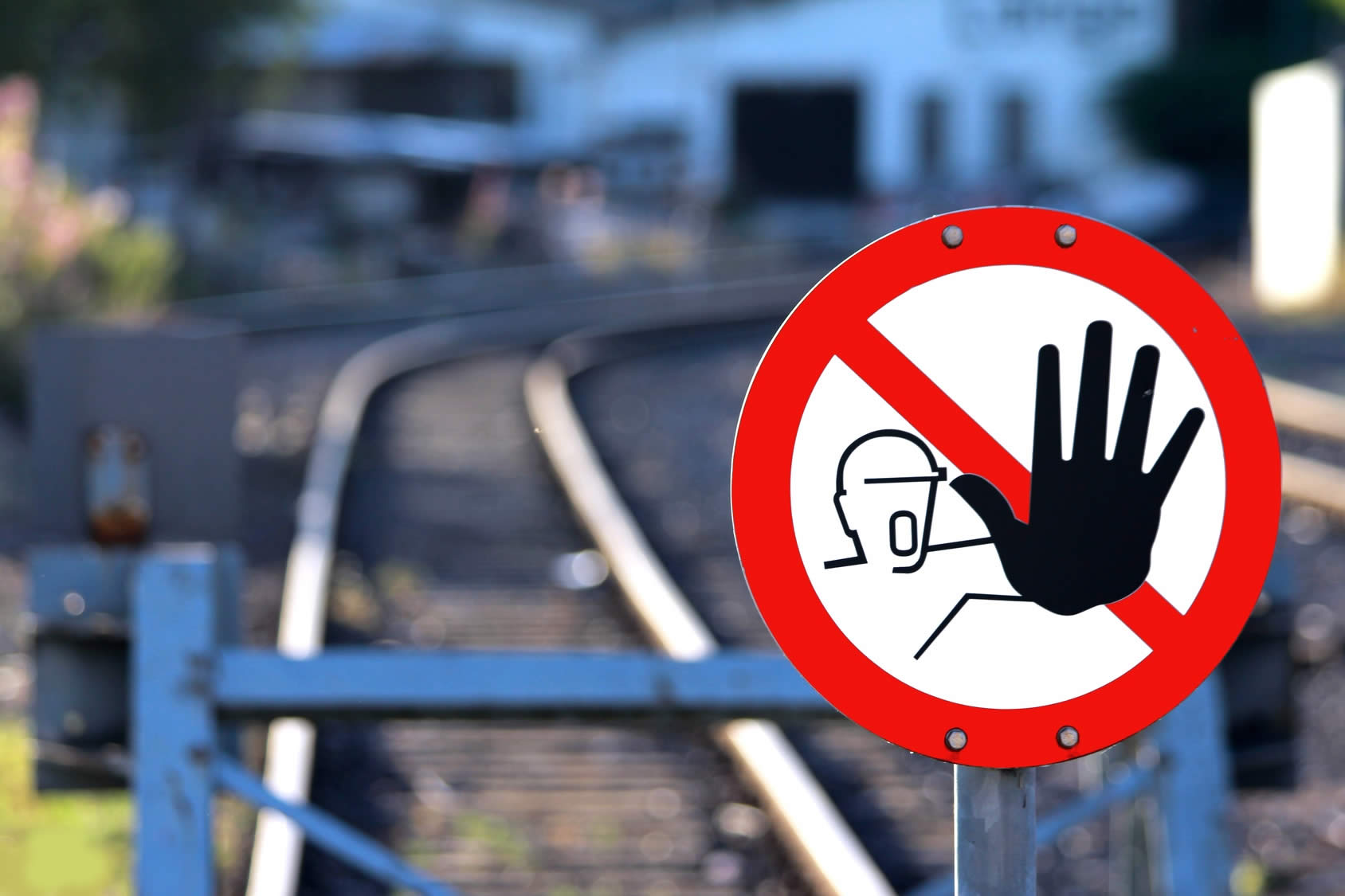Person to whom the commission or participation in a crime is attributed
The concept of defendant has an exclusive use in the judicial sphere, since that is the name of the person who is attributed the commission of a certain crime or his participation in a criminal act. Meanwhile, the action is called impute, while the action and the effect of imputing someone is designated as imputation. By the way, three concepts that are used repeatedly in the judicial field and that those of us who are not in it tend to hear a lot in the news that give an account of it.
Not guilty yet
Then, to make it even clearer, a person will be charged / or in a fact when the charge is formalized at the behest of the judicial sphere. Now, we must say that a defendant is not yet guilty of the fact that is charged. Many times it is confused with guilt and therefore we must clarify it. An imputation is only the attribution of a crime to someone or the participation in it, as we have already said.
A prosecutor is the one who promotes it when he suspects the commission of the crime, while, from that imputation, an investigation process will begin, to collect evidence, to determine whether the accused committed a crime or not. Clearly then we must say that being accused is not guilty of something far from it, there is only a suspicion that must be investigated and then the investigation will determine whether or not it is.
 The person to whom participation in a crime or punishable act is attributed will be one of the most relevant procedural subjects..
The person to whom participation in a crime or punishable act is attributed will be one of the most relevant procedural subjects..
What is a crime?
Crime will be any conduct, action or omission typified by law and absolutely contrary to the law, that is, that it is legally punished. There are various types of crimes, against life, liberty, honor, privacy, property, public health and public safety, among others.
Justice has the duty to guarantee due process and the rights of the accused
From the first action that is carried out in the procedure by which the person in question has been accused in it, until the full execution of his sentence, the legislator must be concerned about the situation of the accused and guarantee the realization of some rights from that first action until the aforementioned moment.
All accused, whatever their situation you can enforce the rights and guarantees that the laws offer you until, as we said, the process against you ends.
Rights of the accused
Then, until the process is finished, the defendant will have the right to the following: to be informed clearly and precisely of the charges for which he was charged in a case and the rights granted by law, to be assisted by a lawyer , request the prosecutors proceedings to disprove the accusations against him, request the judge to convene a hearing in which he can give a statement, request that the investigation be activated and know its content, request dismissal, remain silent if he so decides, not to be subjected to torture or other inhuman treatment, not to be judged during his absence.
We are all innocent until proven guilty
The principle of innocence or presumption of innocence turns out to be the main criminal legal principle in favor of the accused, the famous phrase, we are all innocent until proven otherwise is not only a popular and cliché phrase but at the behest of the law it is a concrete reality. Only through a criminal process in which someone's guilt or involvement in a crime is proven, may the State apply a sanction according to the crime in which they have incurred. The aforementioned presumption of innocence is a guarantee enshrined in the Universal Declaration of Human Rights and in some International Treaties on human rights (American Convention on Human Rights / Pact of San José de Costa Rica).
Pretrial detention, a measure that guarantees that the resolution is brought to fruition
Although the principle of innocence will remain immovable whatever the circumstance, if a certain jurisdiction, in order to guarantee due process, decides it appropriate, it may implement some precautionary measure, such as preventive detention, which certainly contradicts the aforementioned principle, but which is a typical measure taken because the defendant's risk of flight or his participation in an issue that obstructs the investigation is very serious and concrete. Preventive detention is dictated precisely to preserve the resolution of the case.









